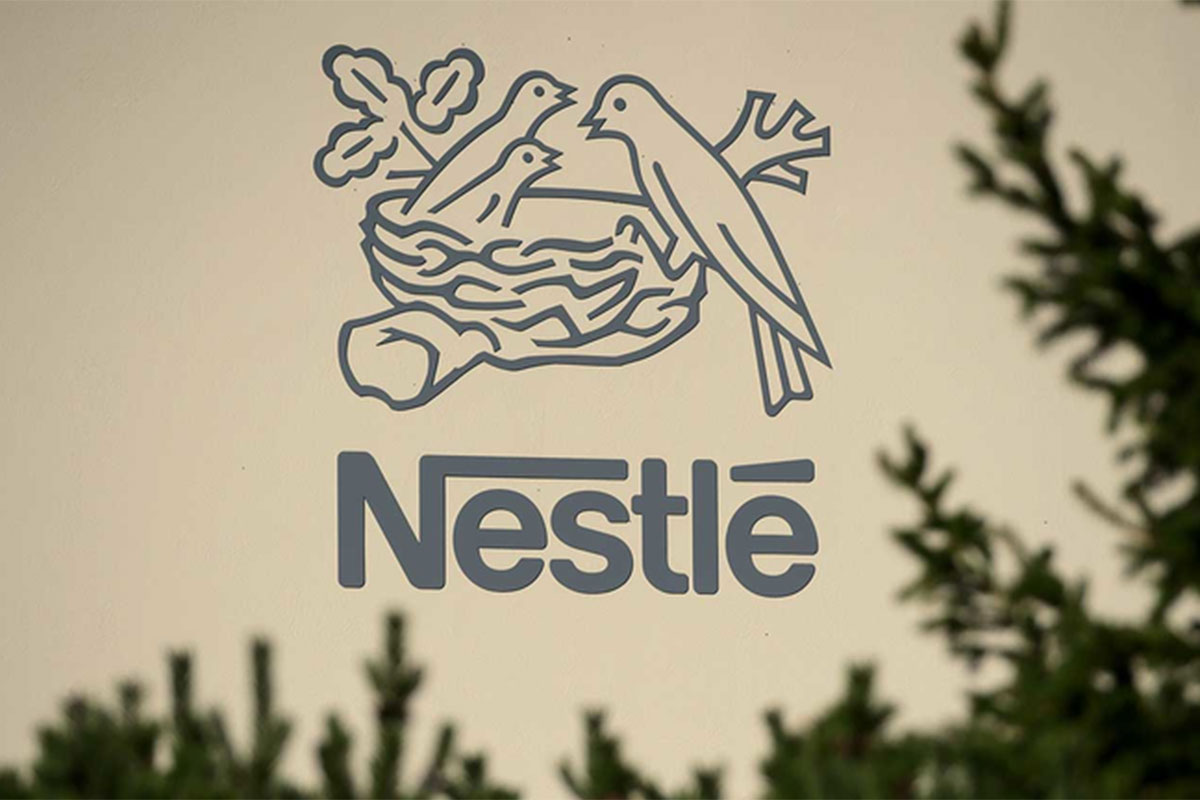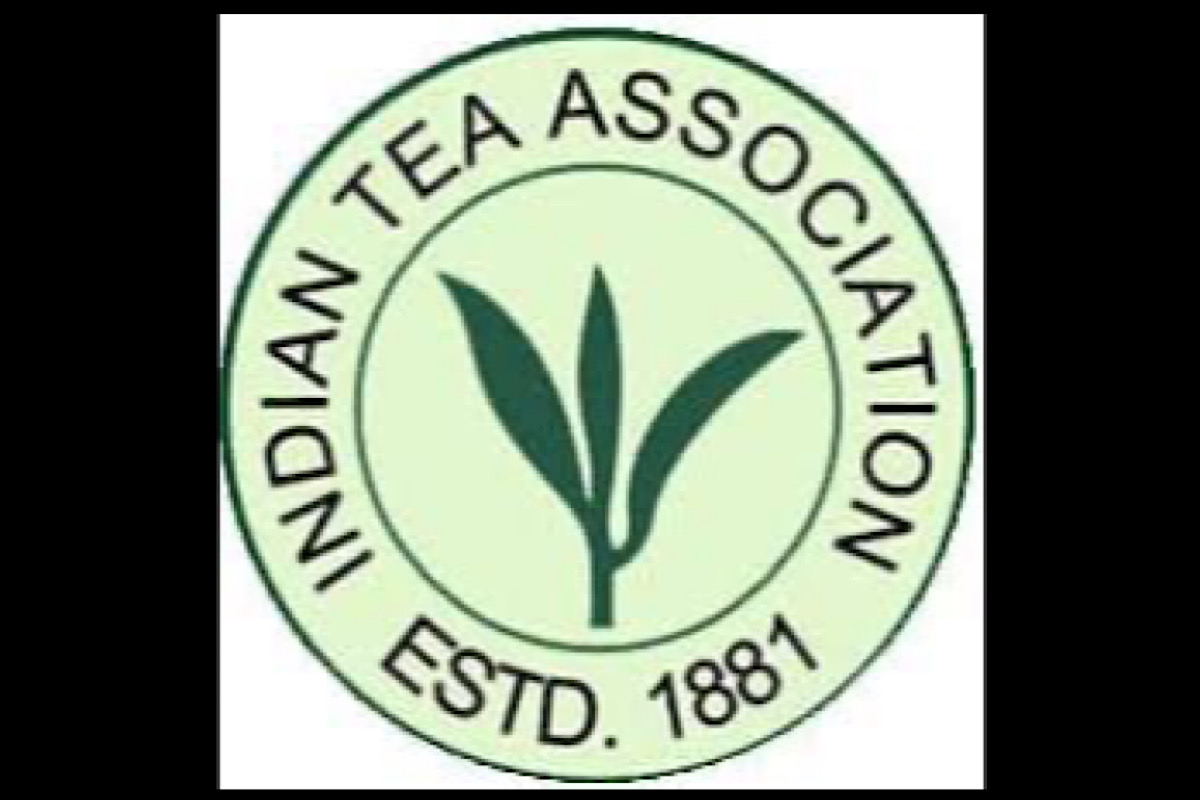FSSAI to examine report of sugar in Nestle’s Cerelac
A report by Public Eye claimed that Swiss multinational company Nestle added sugar to its milk formula brand - Cerelac - intended for infants and children of up to two years.

A report by Public Eye claimed that Swiss multinational company Nestle added sugar to its milk formula brand - Cerelac - intended for infants and children of up to two years.

FSS

The Food Safety and Standards Authority of India (FSSAI) has asked all e-commerce food business operators (FBOs) to ensure appropriate categorization of food products being sold on their websites.

Stations that meet these stringent criteria are awarded the Eat Right Station certification.

The Indian Tea Association (ITA) has claimed that all the stakeholders in the value chain, namely producers, buyers, packeteers are responsible law abiding entities providing the Indian consumer with a safe and sustainable cup of tea.
It will be a significant step towards fostering a safer and healthier food environment for the citizens of India.
Advocate Shwetasree Mazumdar was appointed as amicus curiae to assist the court in this matter, with further hearings scheduled for February 8.
The summons comes in response to a complaint filed on September 14, 2021 by Shruti Nagvanshi and Shirin Shabana Khan on the behalf of Peoples’ Vigilance Committee on Human Rights (PVCHR) and Savitri Bai Phule Mahila Panchayat of Varanasi, Uttar Pradesh.
The Central Advisory Committee (CAC) of the Food Safety and Standards Authority of India (FSSAI) has recommended that licenses to…
In a significant achievement, Jammu and Kashmir (J&K) has maintained its first rank under the union territory (UT) category in Food Safety Index 2022-23.